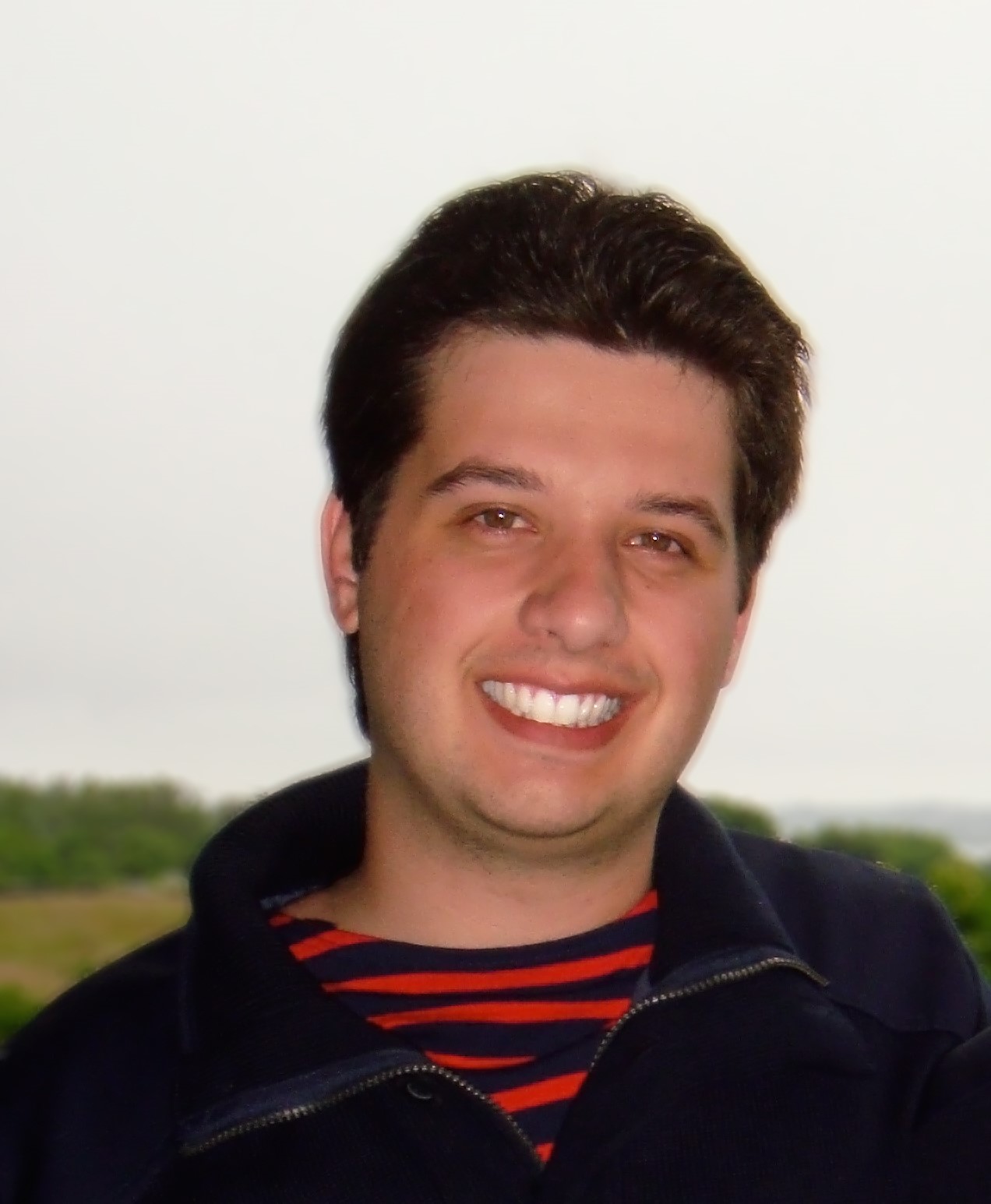
Using Interpersonal Physiology to Measure Socio-affective Dynamics: Techniques, Findings, and Opportunities
Description
Date: Friday, October 25, 2019
Time: 12:00pm – 1:00pm
Location: Simons Center Conference Room, Building 46, Room 6011, 6th Floor, MIT (43 Vassar Street, Cambridge, 02139 MA)
Speaker: Oliver Saunders Wilder, Ph.D.
Affiliation: Research Affiliate at the MIT Media Lab & Lead Technologist at Tools of the Mind.
Talk title: Using Interpersonal Physiology to Measure Socio-affective Dynamics: Techniques, Findings, and Opportunities
Abstract: Individuals with Autism Spectrum Disorder (ASD) often have great difficulty interpreting and using nonverbal communication, understanding and navigating social relationships, and making sense of their own and others’ emotions. Many of these challenges can be understood in terms of difficulty with social reciprocity, the ability to attend to, predict, and respond appropriately to the mental states of others, and are present in both more severely affected as well as “higher-functioning” individuals with ASD who have little or no cognitive impairment. A key challenge to studying the development of social reciprocity is that social interactions are fundamentally transactional, taking place within a system rather than in isolation, and that people affect and are affected by their interactions with others. A growing body of work in interpersonal physiology – the study of psychophysiological signals across two or more people – can offer a powerful new means for non-invasive ambulatory assessment of socio-affective processes in a variety of laboratory and naturalistic settings. I will present a novel statistical modeling technique for quantifying interpersonal physiology, and discuss several applications of this technique, including a study of young children with and without an autism diagnosis and their parent, a pilot study of pre-term infants and caregivers in a neonatal intensive care unit, and a clinical application our new real-time physiological synchrony system for interpersonal biofeedback in mental health counseling.

